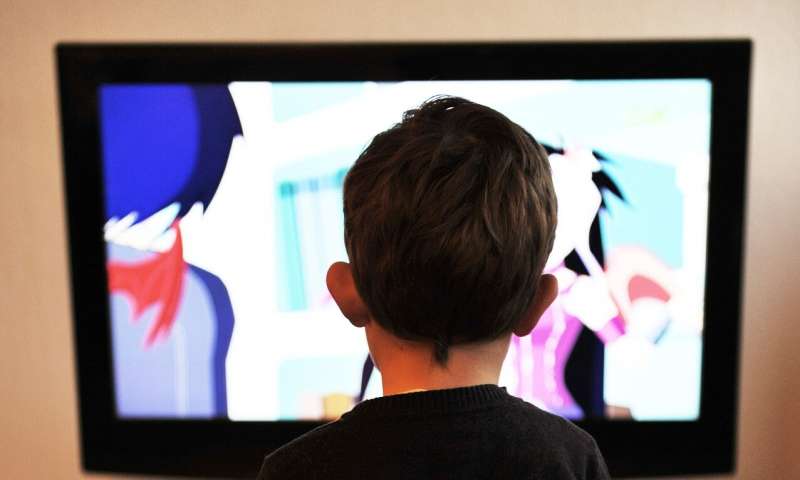Study investigates what shapes child well-being in rich countries


Research launched on child well-being ranks Ireland 12th out of 38 OECD/EU countries, according to a new study by the UNICEF Office of Research co-authored by Dr. Yekaterina Chzhen, Assistant Professor of Sociology at Trinity. Ireland scores best on academic and social skills (6th), but fares worse on physical health (17th) and mental well-being (26th).
A risk assessment of the impact of the pandemic puts Ireland in 22nd place out of 38. Although Ireland started in a good position before the crisis, with low child poverty rates and a strong economy, it suffered a substantial fall in the GDP and high COVID-19 infection rates. Its stay-at-home policies and school closures were among the lengthiest in the comparison, alongside a middling pandemic income support package.
The new study, by Unicef Ireland entitled: Worlds of Influence: Understanding what shapes child well-being in rich countries uses pre-COVID-19 data to rank EU and OECD countries in a league table according to children’s mental and physical health and academic and social skillset. Chile, Bulgaria and the United States rank as the worst places to be a child based on these indicators, while, the Netherlands, Denmark and Norway rank the best.
Dr. Yekaterina Chzhen, Assistant Professor of Sociology co-author of the study Worlds of Influence said: “We harmonized data from different national and cross-national surveys to produce comparable child poverty statistics. In more than half of the EU/OECD countries, more than one in five children live in income-poor households. These children are at a great risk of depression, obesity and poor skills. We developed a multi-level child well-being framework for international comparisons: from the national policies and context, to the resources and networks of children’s families, schools and communities, to children’s relationships and activities, all affecting children’s outcomes at the center.”
Key findings for Ireland
Mental well-being: Fewer than three-quarters of 15-year-olds (72%) report high life satisfaction in 2018, among the lowest rates in the rich world. More than six in 100,000 adolescents aged 15-19 commit suicide, around the average for this group of countries.
Physical health: Ireland has a low mortality rate for children aged 5-14, but its percentage of 5-19-year-olds who are overweight or obese (31%) skews towards the higher end in the OECD/EU. Over a quarter (27%) of 11-15-year-olds say they are too fat and 14% say they are too thin. Body image strongly predicts life satisfaction in Ireland. It explains 10% of the differences in life satisfaction among boys, the highest proportion in this group of countries, and 15% among girls, the fourth highest.
Skills: More than three-quarters (78%) of Irish 15-year-olds have basic proficiency in reading and mathematics, second highest in the comparison, and 76% say that they make friends easily.
Ireland ranks 8th out of 41 in a league table of national conditions that support child well-being. It does worst on the social policy indicator (26th), largely due to its ungenerous parental leave for mothers and fathers. Ireland fares better on education policy (14th), due to its low rate of young people not in employment, education or training (NEET), and health policy (10th), thanks to its low rate of underweight births. Ireland does better on the pre-pandemic national context indicators: it ranks 5th on the economy (national wealth and unemployment), 6th on society (social support and homicide), and 9th on the environment (air pollution and water quality).
Recommendations for Ireland
The report and accompanying companion paper call for the following steps to improve child well-being in Ireland:
- Take decisive action to reduce income inequality and poverty and ensure that all children have access to the resources they need.
- Rapidly address the serious gap in mental health services for children and adolescents.
- Expand family-friendly policies to improve work-family balance, especially access to high-quality, flexible and affordable early years childcare.
- Strengthen efforts to protect children from preventable diseases, including reversing recent falls in measles immunization.
- Improve COVID-19 policies that support families with children and ensure budgets that support child well-being are protected entirely from austerity measures.
Source: Read Full Article